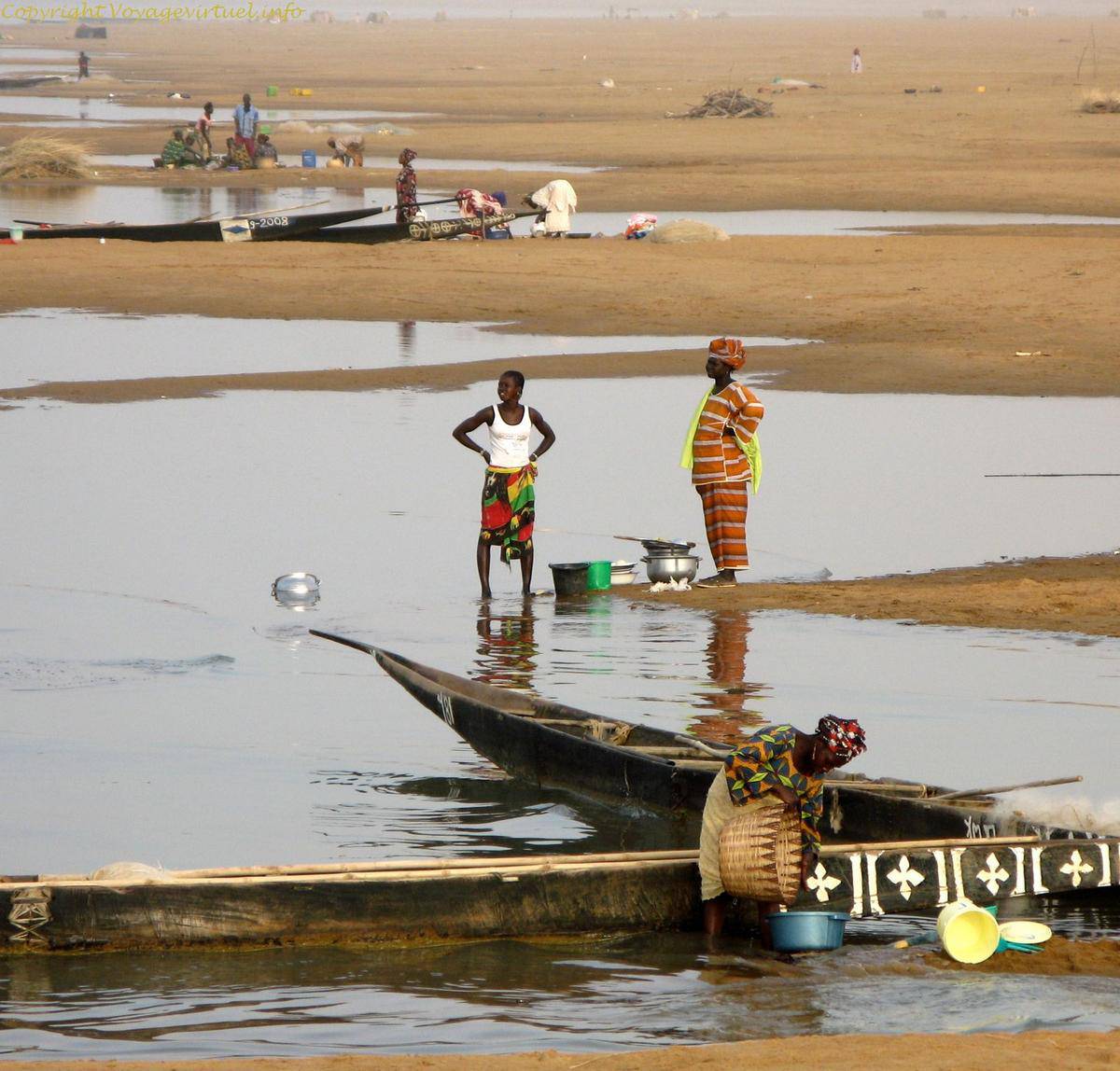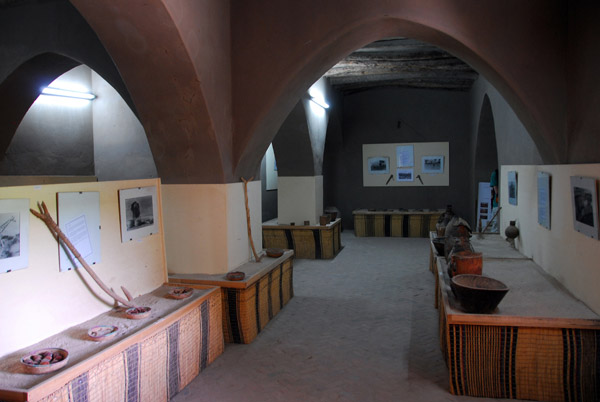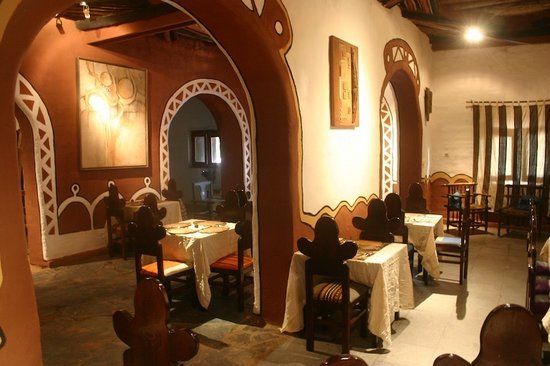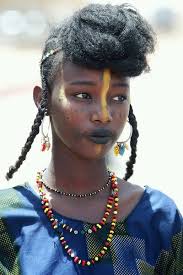
Mali
Cultural explosion – Mali
Mali a land-locked country in West Africa that has managed to economically push past some of its neighbours. It’s a country built on the desert, with landscapes that span on forever. It is a cultural explosion of ethnic groups that has kept its identity through colonisation by the French.

http://www.pbase.com/bmcmorrow/image/77817595 – Image 01 (Ethnological Museum)
On the edge of the Southern Sahara Desert lies the Ethnological Museum in Timbuktu, has artifacts and folk art. It also contains the well of Bouctou, the original well around which the city had been founded on. Though the museum contains many historical important exhibits of musical instruments and clothing, much has since been destroyed and stolen in recent years. Hire an SUV and take along a local guide to navigating the dusty roads to learn more about the country’s history at the museum.

http://www.voyagevirtuel.co.uk/mali/pages/Massina_Vie_Niger.php – Image 02 (Massina)
Mali also holds a large population of the Fula people, a Muslim ethnic group. Many of this tribe reside in Massina and you will be encouraged to learn and understand more about the Fula on your visit to the village. Women adorned with henna work on crafts and manage the homes. While men herd cattle and farm produce for their homes. They live simple lives that are enriched traditionally.

https://www.tripadvisor.co.za/Restaurant_Review-g293813-d1215472-Reviews-San_Toro-Bamako.html – Image 03 (San Toro)
Due to its geological position, fish isn’t a common dish in Mali. But meat, grain and vegetables are in most dishes. Most main meals are served with sweet tea afterwards. Fakoye (lamb in herb sauce) is one of the many Malian delicious dishes that can be found at the lively San Toro in the capital Bamako. The restaurant has a relaxing ambience, though no alcohol there is the music from kora players.
The boubou (like a kaftan) is a traditional Malian men’s wear. It is worn with a tunic underneath, trousers and the boubou over it. Brighter boubou’s are used for special occasions and simple ones are used for day to day use. Women wear pagnes, wraps and headwraps – often the garments are hand-dyed. Ethnic groups in Mali do also have their own traditional dress, such as the Fula. Fula women can be seen wearing henna to stain their lips and use it as adorning their bodies. Fula people do dress conservatively due to their Islamic faith but do use jewellery on their hair and headdresses.

http://kwekudee-tripdownmemorylane.blogspot.co.za/2014/02/wodaabe-mbororo-people-nomadic-fulani.html – Image 04 (Fulani woman)
The country has stabilised since the military coup in 2012. Although many of Mali’s attractions are now closed off to foreigners, Bamako is a safe area. And if you would prefer to stay in the capital, you still can experience Mali to its fullest. Mali is a magical landscape where North Africa and West Africa comes together, waiting to be rediscovered.
